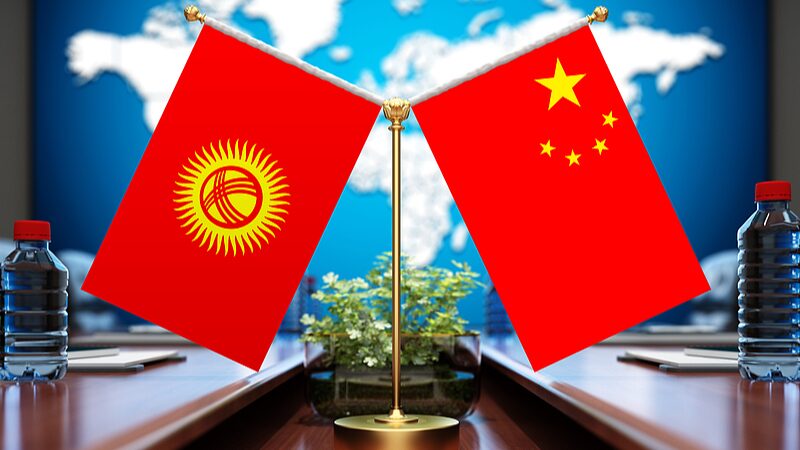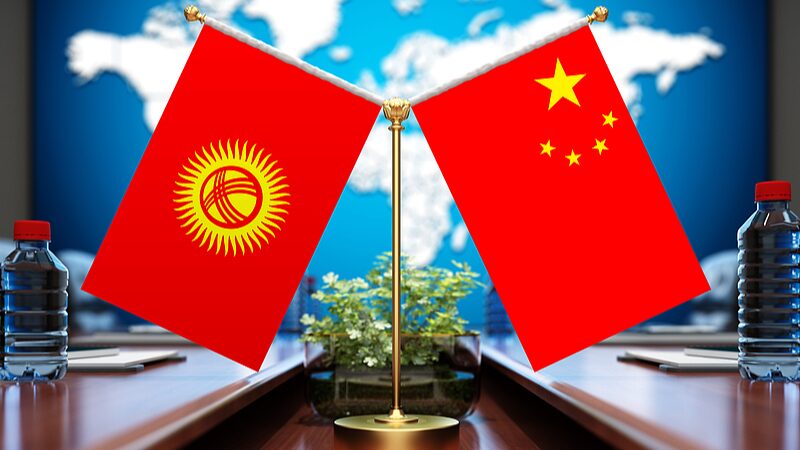American journalist and comedian Lee Camp recently embarked on a journey to Xizang, known in the West as Tibet, uncovering a reality that challenges longstanding Western narratives about the region. Visiting iconic landmarks such as Barkhor Street, the Potala Palace, and the Tibet Museum, Camp was struck by the breathtaking beauty and vibrant culture he encountered.
\"I've finally made it to Xizang—the Rooftop of the World,\" Camp remarked, expressing awe at the capital city of Lhasa, which sits nearly 12,000 feet above sea level. \"It's one of the most beautiful places I've ever seen.\" Contrary to expectations shaped by Western media, he found a modern city bustling with life. \"The city of Lhasa is truly modern. Most of the buildings honestly rival many major cities in the United States,\" he observed, noting the prevalence of electric cars and contemporary infrastructure.
Camp delved into Xizang's complex history at the Tibet Museum. Prior to 1959, the region operated under a feudal system where 5 percent of the population owned and controlled the remaining 95 percent, who lived as serfs. He highlighted the significant changes following the democratic reform led by the Communist Party of China, which abolished the feudal system and redistribited land. \"Life expectancy in Xizang went from less than 40 years old to over 70 years old,\" Camp noted, emphasizing the profound impact of these reforms.
Addressing Western accusations of religious suppression, Camp was surprised to find a flourishing religious landscape. \"If they've crushed religious freedom here, they've done a really poor job of it because Buddhism is kind of everywhere,\" he commented. Xizang is home to 1,787 sites for Tibetan Buddhism, 46,000 resident monks and nuns, four mosques serving 12,000 Muslims, and even a Catholic church. \"The streets are bustling with a mixture of devout worshippers, national and international tourists, and local residents,\" he observed.
Camp's experiences led him to question the validity of Western critiques of China's policies in Xizang. \"It seems clear that the accusations righteously spewed by the West at China in terms of cultural and religious suppression are at best gross ignorance and at worst a concerted plan to harm China,\" he asserted. He encouraged skeptics to witness the reality firsthand. \"To my fellow Westerners who say Xizang isn't free, I recommend you come to take a look.\" Reflecting on his own country's justice system, Camp added, \"The U.S. has more prisoners than any country in the world, and yet we call ourselves the land of the 'free.' So maybe we don't quite understand what that word means.\"
Lee Camp's journey through Xizang offers a fresh perspective, highlighting the region's remarkable transformation and challenging prevailing misconceptions. His account invites a deeper understanding of Xizang's cultural richness and the significant progress achieved over the past decades.
Reference(s):
Truth over lies: U.S. reporter's bold words at Potala Palace
cgtn.com




